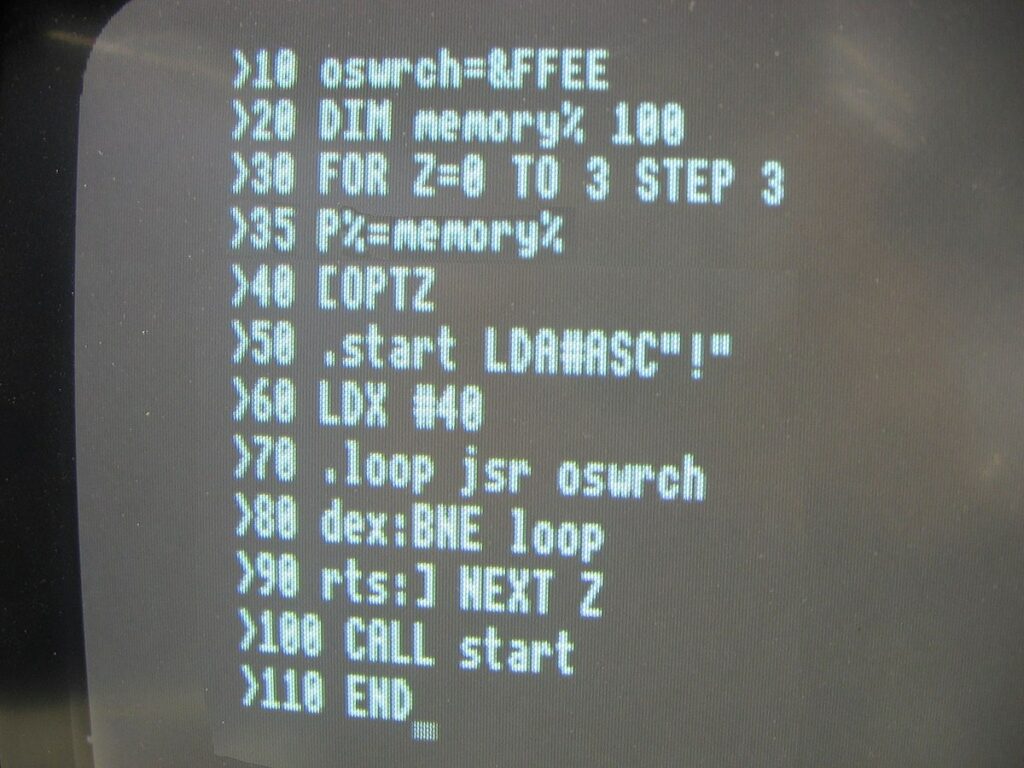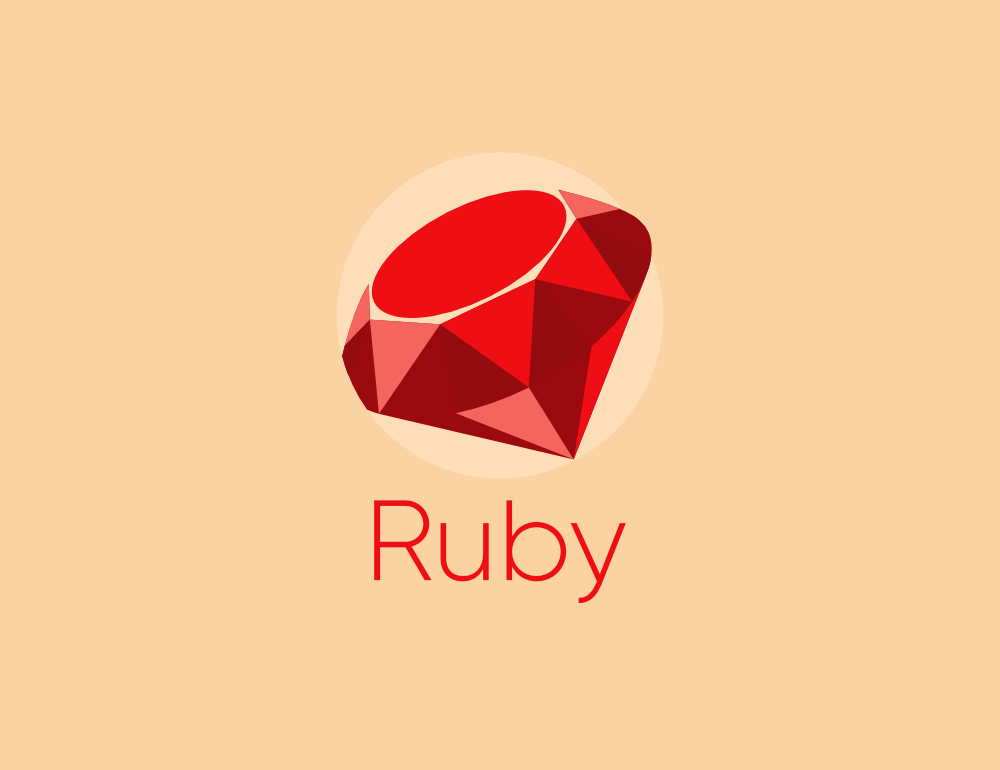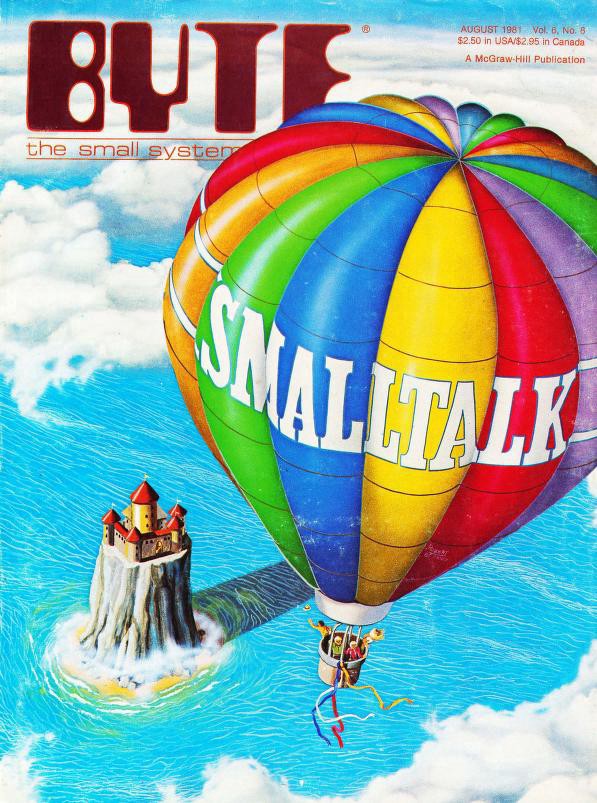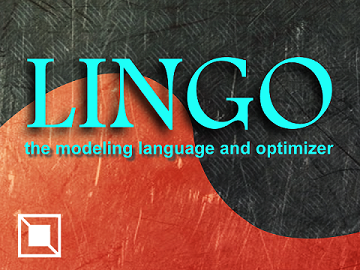Programming Languages
BBC Basic

BBC Basic is a programming language invented in 1981, primarily by Sophie Wilson. It is an interpreted language due to many key commands being far from machine language. There are, however, many reports that the earlier versions of BBC Basic were closer to a compiled language than an interpreted one. It was used to produce BBC Micro-computers which heavily infiltrated UK communities in the 80s and 90s. A large chunk of the UK population was heavily influenced by this accessible, easy-to-learn and use code.
BBC Basic was used in schools to teach children computer literacy. It started as a procedural program but had many facelifts over the years. It became more complex with the language ending up similar to other object-oriented programs.
Ruby

Ruby is a compiled programming language that was invented in 1993 by Yukihiro Matsumoto. Heavily inspired to create a general purpose and easily transferable language, Ruby was born. It has been used in all elements of Web Development and has its own framework, Ruby on Rails which has been used by companies such as Airbnb, Github, and Dribbble.com.
Over the years it has stayed true to its core and stayed a simple, easy-to-learn program that has helped programmers create applications within days.
Smalltalk

Smalltalk is an interpreted language that was invented in 1972 by Alan Kay, Dan Ingalls, and Adele Goldberg. Smalltalk was created for use in the educational sector during the 70s. It had many revisions and finally ended up getting past the doors of the institute it was created in.
Now seen as one of the world’s most successful all-purpose languages, Smalltalk is used for anything and everything such as web, mobile, machine learning, virtual reality, and more. Smalltalk became one of the most successful and popular object-oriented programming languages, especially during the 90s.
CLU

CLU is an interpreted programming language invented by Barbara Liskov and her students in 1973. While defined by most as an imperative programming language, it was a milestone in the creation of object-oriented programs later down the road and is sometimes classified as one.
Originally used for data abstraction, the program was not widely used for anything at all after that. However, the program did outline key features that went on to heavily influence other important and widely used programming languages today like Python, Ruby, C++, and Swift.
Lingo

Lingo is a compiled programming language that was invented by John H. Thompson, in 1989. It is an object-oriented scripting language which provides those using it with speed and flexibility. Its creation was for use in Macromedia Director from Adobe, which was a popular media program that was used to create movies and games in the 90s.
When first introduced, it was a well-known fact that the syntax was most similar to spoken language. This made it incredibly easy to use for those unfamiliar with the program. Through many updates, it added dot syntax to provide a similar experience to other languages popular at the time.
Conclusion
Programming and computer science have been predominantly male-dominated fields, specifically among caucasian men. With the languages I looked into, I tried to break that shell and highlight the women and people of colour who have made phenomenal contributions to the programming and computer science field. So many of their contributions get glossed over by bigger and better languages when in reality their contributions laid the foundations for those languages and deserve the spotlight.